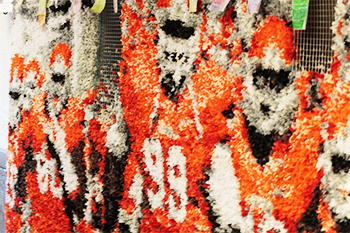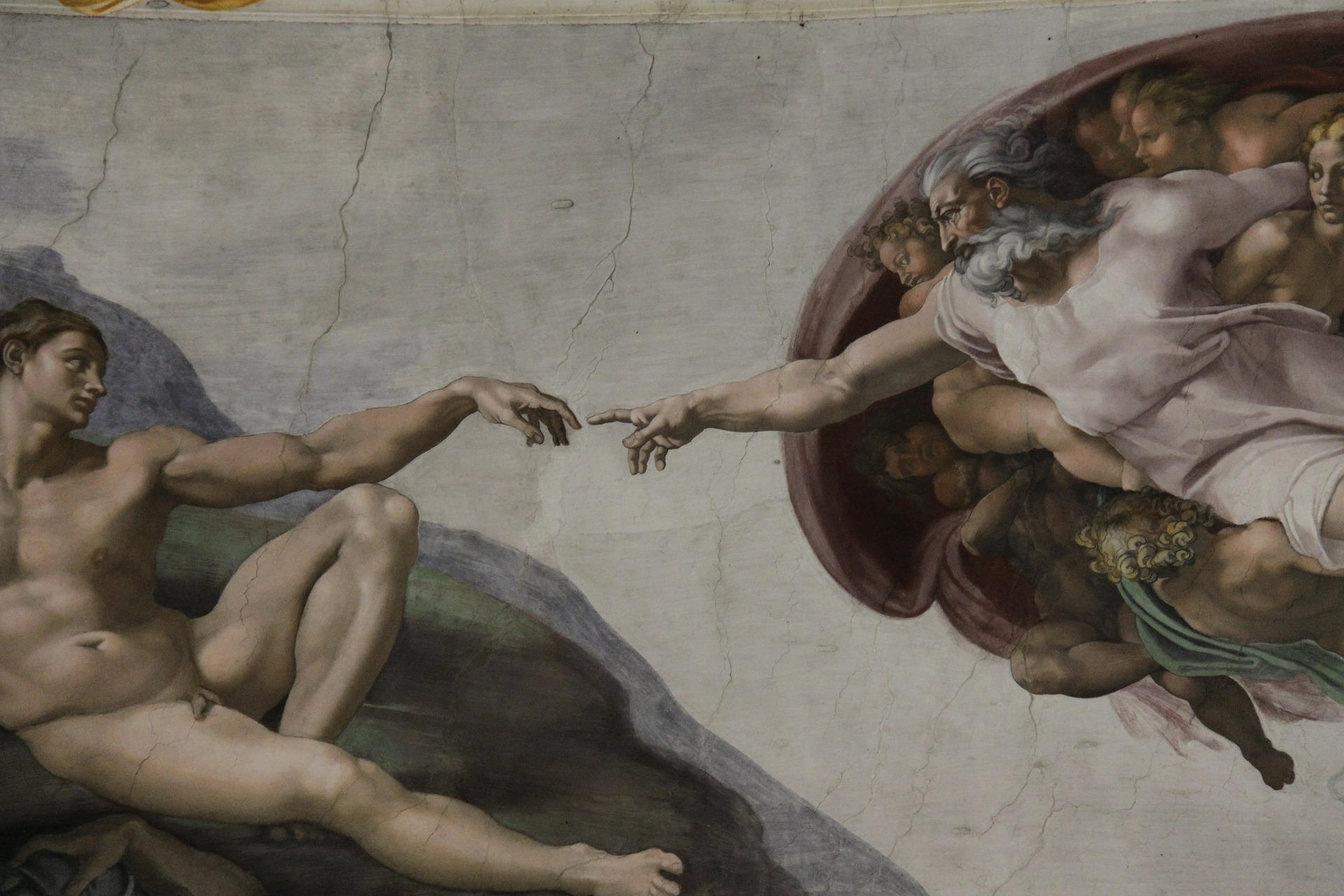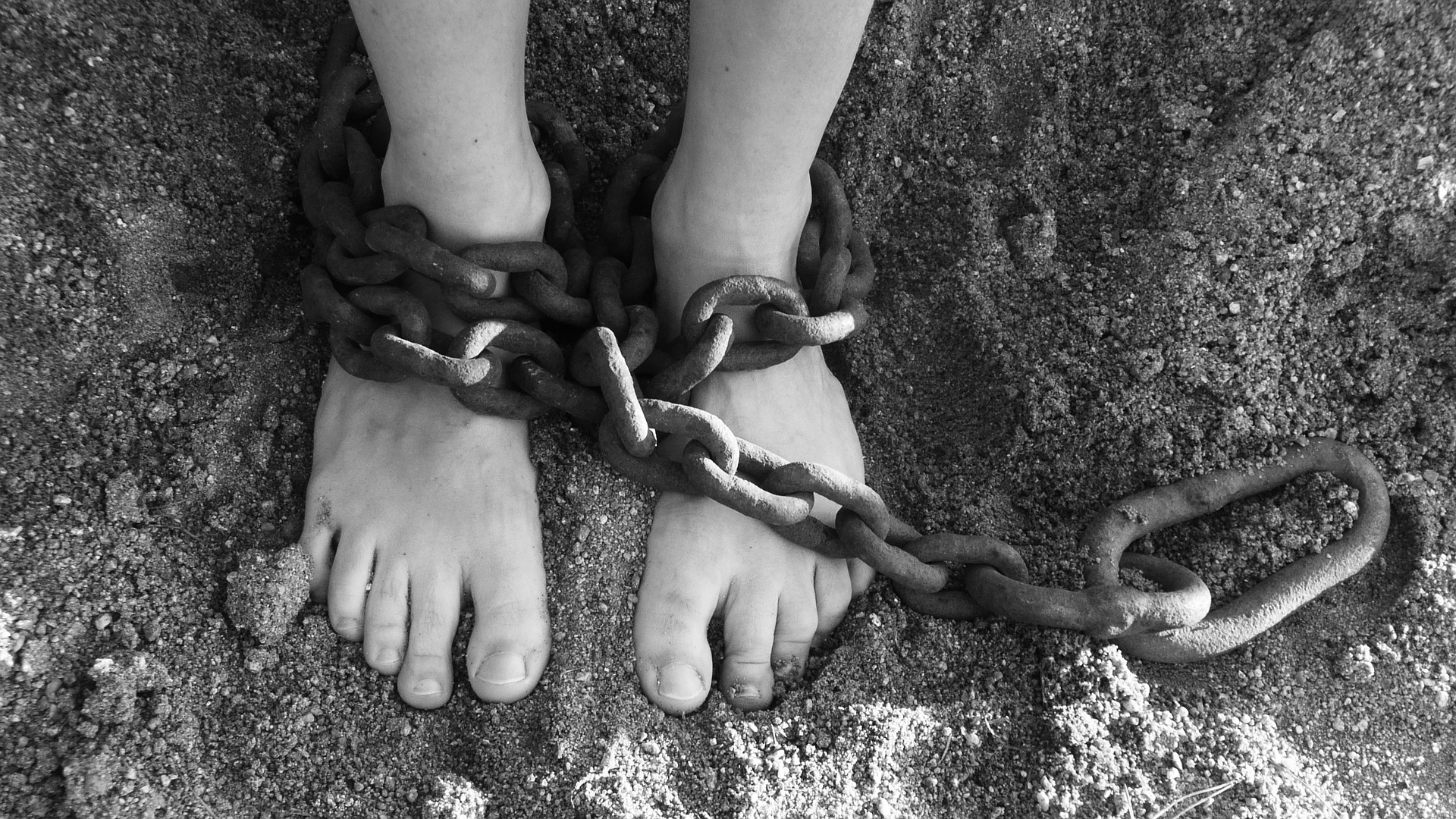Take-Home Message: Find what works for you.
This exercise has been circulating among my Praxis friends and colleagues, and I accept the challenge. In this post, I answer questions about “How I Work.”
Location: HQ is Enid, OK, but I travel around as I feel.
Current gig: Contracted Programs Associate with The Foundation for Economic Education; Freelance Photographer; Praxis Student
Current mobile device: iPhone 4S
Current computer: 13″ Apple Macbook Pro (Mid-2009 Series) Upgraded 8GB RAM
One word that best describes how you work: Resourceful.
What apps/software/tools can’t you live without?
Google Calendar, Gmail, Square Register, Microsoft Word/Excel, Google Docs/Sheets, Adobe Creative Suite (Namely Photoshop, InDesign), Notes App, Passbook/Wallet, Maps, and Uber
What’s your workspace like?
I work for the first few hours of every morning wherever I am (at home, or from a hotel room, etc.). I check email, social media and analytics, grab a book (usually philosophy in the mornings) and a cup of coffee to start off every day. I also run through a to-do list.
I carry my briefcase and camera bag everywhere I go. In my briefcase, I carry universal adapters, chargers, a 10′ ethernet cable, 1TB external hard drive, various-sized thumb drives, one large legal notepad, one small legal notepad, assorted pens, Sharpies, highlighters and ink refills, page-tab Post-Its, a screen cleaner, at least two books, and my commonplace book. In my camera bag, I carry my camera, alternate lenses, external flash, charge-ports, spare batteries, Square Reader, multiple memory cards, lens cleaners, and various other necessities.
I can set up shop anywhere in under three minutes (I’ve timed it), and tear down in same. I guess you could call it digital nomadism.
What’s your best time-saving trick?
Drink lots of coffee, work through breakfast/lunch, and wear a watch. I move faster, the world moves slower.
Also, minimize windows I’m not working with so as to remove distractions. I also try to listen to music to the beat of how quickly or what type of work I’m concentrating on. This sets my pace.
What’s your favorite to-do list manager?
Google Calendar isn’t the worst. I set alerts on my calendar for an hour or so in advance and check this list last thing before bed and first thing in the morning each day. Also, I carry various notepads with a to-do list on it each day. The fulfillment I receive from crossing items off my list is euphoric, truly.
Besides your phone and computer, what gadget can’t you live without?
Canon Rebel T5i. It’s light enough weight I can carry it anywhere. I shoot pics several times per week of random things. For me, it’s a a sense of escape. Beyond those three, I just need books. Always books.
What everyday thing are you better at than anyone else?
Problem-solving. My work is versatile and resourceful. I’m regularly learning on the fly and adapting the new systems I learn to existing problems in other areas. Because I always challenge the status quo, I’m constantly looking for more efficient ways to do things. This helps me usually anticipate problems before they arise or adapt quickly when they do.
What are you currently reading?
I keep a running list of what I’m reading on my website here. I like to read several books at once across different subjects to feel stretched. Currently, this is my list:
Desiring God: Meditations of A Christian Hedonist, John Piper
Discover Your Inner Economist, Tyler Cowen
The Art of Living: The Classical Manual on Virtue, Happiness, and Effectiveness, Epictetus
Medidations, Marcus Aurelius (rereading)
The Righteous Mind: Why Good People Are Divided by Religion and Politics, Jonathan Haidt
What do you listen to while you work?
I use Spotify, Youtube, and iTunes Radio. My music tastes are rather eclectic.
When writing, I prefer either silence or classical piano, some of my favorites being Piano Sonata No. 14 in C-Sharp Minor, Op. 27, No. 2 “Moonlight” (Beethoven), Piano Concerto No. 23 in A Major, K. 488 (Mozart), and Claire de Lune (Debussy). I also enjoy writing to the works of Thomas Tallis, see Spem in Alium.
When I’m not writing, I prefer Indie (Favorite Band: Frightened Rabbit), Acapella (Favorite Group: Vocal Spectrum), Acoustic or Instrumental (Michael Henry & Justine Robinnett) or ’70s & ’80s Classic Rock (Van Morrison, Beach Boys, Cat Stevens (pre-Yusuf Islam), The Beatles, and many more). Another cool artist I like is Aino Venna. I occasionally hit up the Disney movie soundtracks, too.
Are you more of an introvert or extrovert?
I’d consider myself an “outgoing introvert.” I draw my inspiration from within and too much time around groups exhausts me. I have no problem approaching a stranger with conversation and public speaking gives me an energy in its own right. But, I need time to read, write, and reflect each day to recharge my batteries.
I’m most comfortable sitting in an overstuffed chair, with a craft beer or espresso, a good book, a notepad, my computer, and a pen.
What’s your sleep routine like?
It’s like a 16-year-old boy’s relationship status. On-and-off again all the time. Sometimes I do really well at racking up eight hours per night, and sometimes even more. But usually I operate a rolling cycle of a couple weeks snagging a handful of hours or less each night before playing catch up.
I like to stay up well into the next morning working often. When I’m on the brink of extreme exhaustion, I sometimes find a new sense of inspiration in my writing. It’s usually these times when the words simply spill out, without holding back or without over-thinking. So, I enjoy this sporadic cycle. It works for me.
Fill in the blank: I’d love to see___________ answer these same questions.
Satoshi Nakamoto or Ash Ambirge. Realistically, I think everyone with a desire for self-improvement should try this exercise.
What’s the best advice you’ve ever received?
“Don’t ever let anyone tell you something you know to be untrue.” –Evan Burns, Founder & CEO, The Odyssey & Olympia Media Group
I helped launch The Odyssey at Oklahoma State University in fall of 2011 with a few other students. In my second year, I moved from the creative side as an editor to managing a sales team of six–it was my first job in sales. After 3.5 months, I was the only remaining sales executive. Evan and I discussed the difficulties I faced when he shared this advice with me. He told me to stop walking into sales meetings like I was a college student and to regard myself as a professional, and as the CEO of the branch. This dramatically altered the way I approached sales– and all types of confrontation and leadership roles since.
Is there anything else you’d like to add?
Demand excellence from yourself in all things. You are the only one who can control the quality of work you produce. If you want better, do it.









